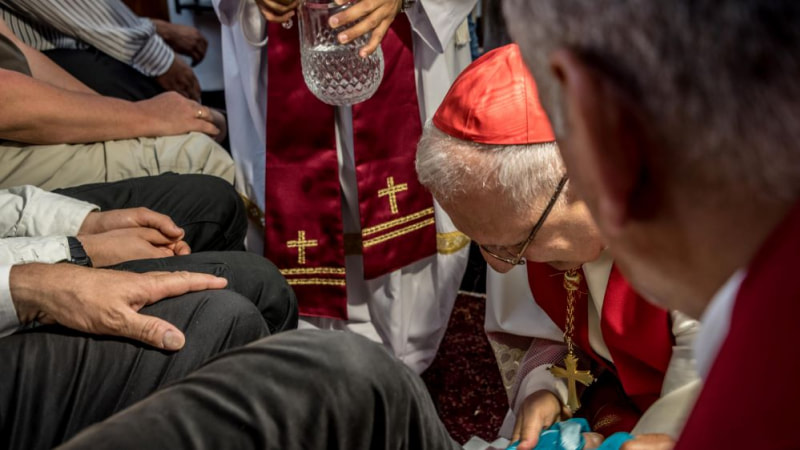But seen from Iraq, it is not the same: the new system will favor the major political parties - Kurds and Shiites - at the expense of the small independent candidates, and the seats traditionally allocated to ethnic and religious minorities - Christians have five in parliament – will be allocated by the major winning parties.
Thus, according to the new amendments introduced, the five deputy posts reserved for Christians will be allocated in two distinct mega-constituencies. The two Christian seats of Erbil and Dohuk will be chosen in the electoral constituency corresponding to the region of Iraqi Kurdistan, while the three seats distributed between Baghdad, Kirkuk, and Nineveh will be allocated within a vast revamped electoral college.
In other words, according to the rules governing the new distribution of seats for the Christian component, the vote of non-Christian voters is taken into account: i.e., the future Christian deputies will be so many satellites of the Kurds and pro-Iranian factions in parliament.
In this context, the Council of Nineveh, which brings together the Catholic and Orthodox bishops present in the plain of Nineveh, is concerned that “the candidates end up no longer really representing the Christian communities of Iraq, and, in future will no longer guarantee their interests.”
The Catholic bishops, supported by the Orthodox, propose to the authorities the establishment of a register of Christian voters entitled to vote in the allocation of the five deputy seats: “The establishment of such a register would be in full harmony with the Iraqi Constitution and the decisions of the Supreme Court regarding electoral procedures,” explains the Council of Nineveh.
And the Christian prelates warn: “If the demands of our communities are not heard, we will be faced with two alternatives. Either we will ask for the elimination of our five seats in order to prevent them from being occupied by deputies who do not represent us, or we will go as far as to call for an electoral boycott.”
The ball is now in the court of the Iraqi executive. Since the trauma caused by the bloody occupation of part of the country by the Islamic State organization, the Sunnis have kept a low profile, and are resigned to the fact that Iraq has become a Shiite country, devoted to maintain more or less close relations with Iran. As for the Kurds, they seem to have obtained what they wanted: namely constitutional guarantees.
Between these two major rival factions, the Christians are trying to survive, not without difficulty, and to fight against any political manipulation.


 RSS Feed
RSS Feed